justineanweiler.com – In recent years, artificial intelligence (AI) has transformed the way people communicate, and WhatsApp, one of the world’s most popular messaging apps, is no exception. With over 2 billion active users worldwide, WhatsApp has integrated AI-driven features to enhance user experience, streamline communication, and even aid businesses in their customer service efforts. In this article, we’ll explore how WhatsApp is leveraging AI, the benefits it brings to users, and its potential future developments.
1. AI Chatbots and Customer Support
One of the most notable uses of AI on WhatsApp is through the deployment of chatbots. Businesses are increasingly adopting WhatsApp as a customer service platform, and AI chatbots play a critical role in this transformation.
AI-powered chatbots can handle a wide range of inquiries, from simple FAQs to more complex queries, offering users fast and efficient responses. These bots can also perform transactional tasks, such as booking appointments, providing product recommendations, and processing payments. By automating routine customer service functions, businesses can reduce wait times, lower operational costs, and offer 24/7 support.
WhatsApp’s partnership with AI companies like Twilio and Haptik has enabled businesses to build custom chatbots tailored to their specific needs, improving both customer engagement and satisfaction.
2. AI for Message Filtering and Security
Another crucial role AI plays in WhatsApp is ensuring the security and privacy of user conversations. WhatsApp, known for its end-to-end encryption, employs AI-driven tools to detect spam and prevent harmful content. AI algorithms can analyze message patterns and flag suspicious activity, such as phishing attempts or scams, before they reach the user.
WhatsApp also uses machine learning techniques to filter out unwanted messages and block accounts associated with fraudulent or malicious behavior. This use of AI helps maintain a safer environment for users, protecting them from cyber threats and privacy violations.
3. Smart Reply and Predictive Text
WhatsApp’s AI-driven smart reply feature offers another example of how the app is using artificial intelligence to improve user experience. By analyzing the context of a conversation, WhatsApp suggests quick responses that users can send with a single tap. These suggestions are tailored to the specific dialogue, making it easier and faster to reply without typing out long messages.
Predictive text is also employed to suggest words or complete sentences based on the user’s typing habits. Over time, these features learn from the user’s behavior and become more accurate, making typing faster and more efficient.
4. Voice and Image Recognition
WhatsApp is increasingly incorporating AI to enhance voice and image interactions. For example, voice-to-text technology has been enhanced through AI, improving transcription accuracy and allowing for more natural communication. Users can dictate messages in their preferred language, and AI algorithms transcribe them with high accuracy, even accounting for accents or background noise.
In terms of image recognition, WhatsApp uses AI to automatically categorize and identify images within conversations. For instance, if a user shares an image of a landmark, WhatsApp might suggest relevant location-based services or share contextual information, improving the app’s utility.
5. The Future of WhatsApp AI
As WhatsApp continues to evolve, the potential for further AI integration is vast. Here are a few possible developments:
- Personalized AI Assistants: WhatsApp could integrate advanced AI assistants that understand users’ preferences, schedule, and needs, helping them manage tasks, reminders, and even initiate conversations with contacts or businesses based on context.
- AI-Powered Translation: While WhatsApp already supports multilingual messaging, future AI enhancements could lead to real-time translations with greater accuracy, breaking down language barriers even further.
- Better Integration with Smart Devices: AI could enable WhatsApp to seamlessly integrate with smart home devices, wearables, and other IoT devices, allowing users to communicate through voice or text with their home appliances or health trackers.
- Enhanced Privacy Tools: AI could assist in developing more sophisticated privacy features, such as enhanced message encryption methods or automated content redaction, ensuring that sensitive information remains secure while maintaining the app’s end-to-end encryption standard.
6. Conclusion
WhatsApp’s integration of AI has significantly enhanced the app’s functionality, offering users a smoother, safer, and more personalized experience. Whether through automated customer service, improved security, or smarter communication features, AI is playing a crucial role in transforming how we connect with others.
As AI technology continues to advance, we can expect even more groundbreaking features to be introduced, making WhatsApp not just a messaging app, but a fully integrated communication hub powered by the intelligence of the future.
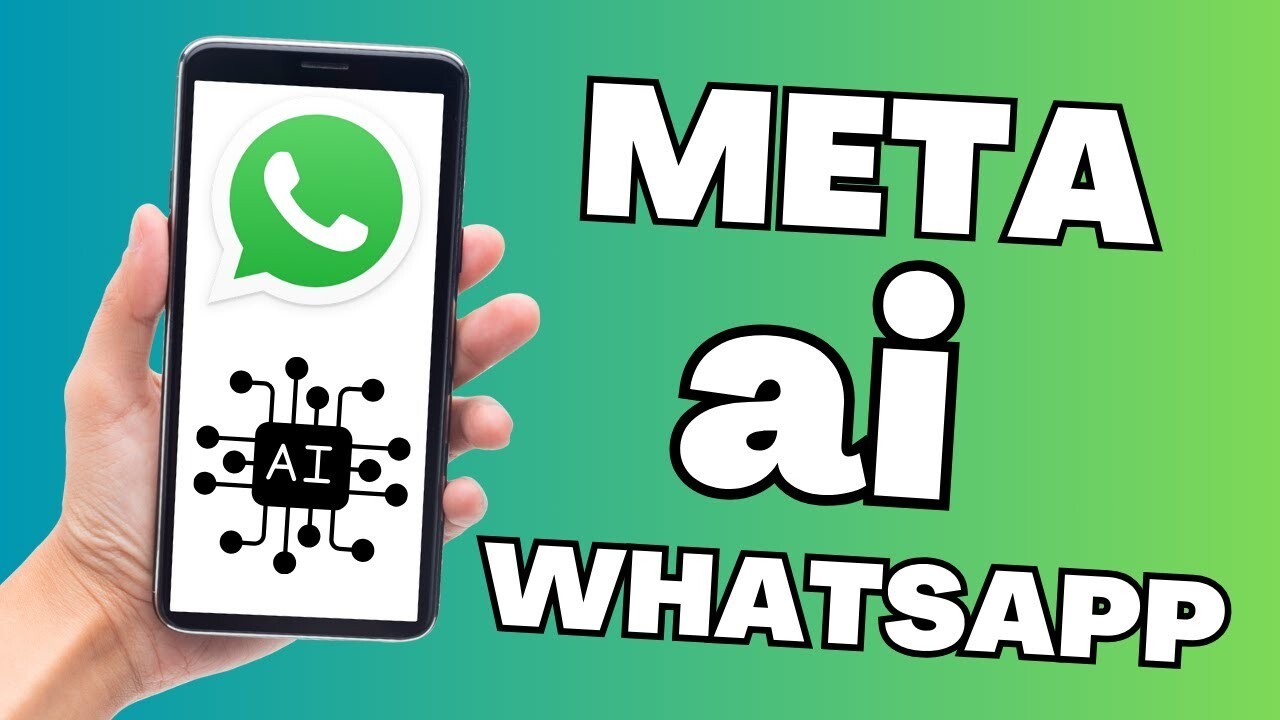



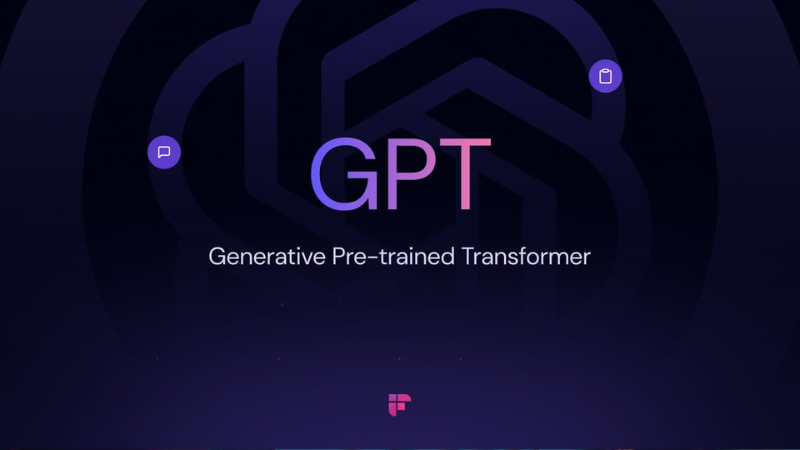


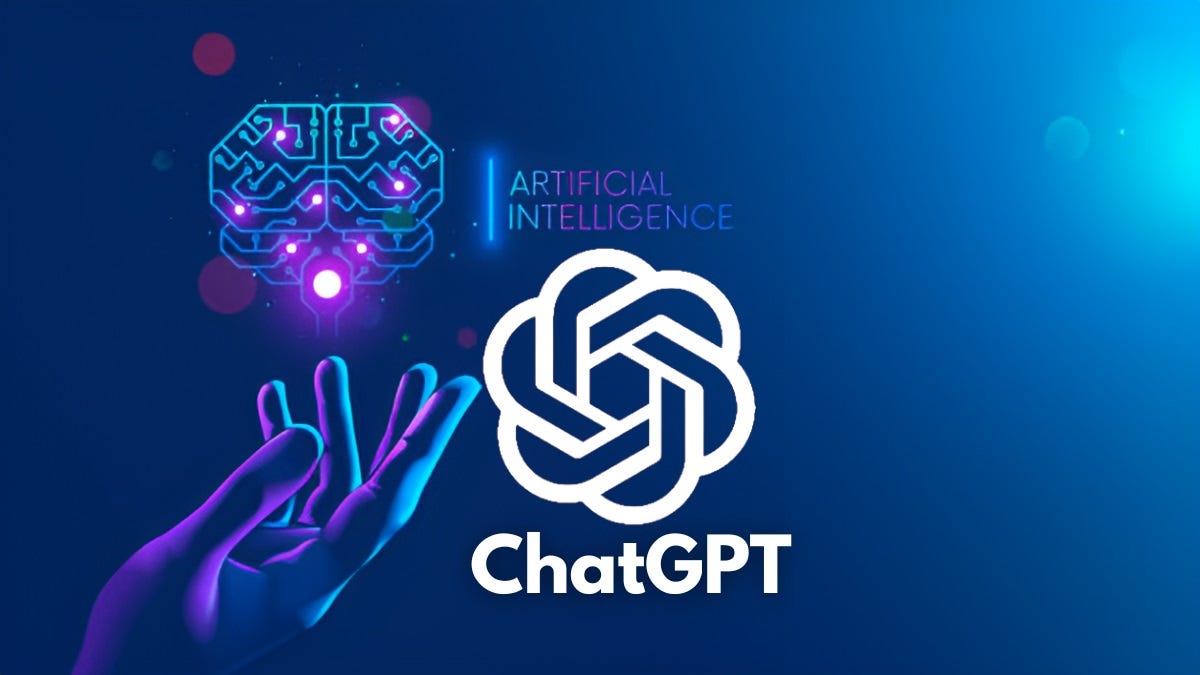



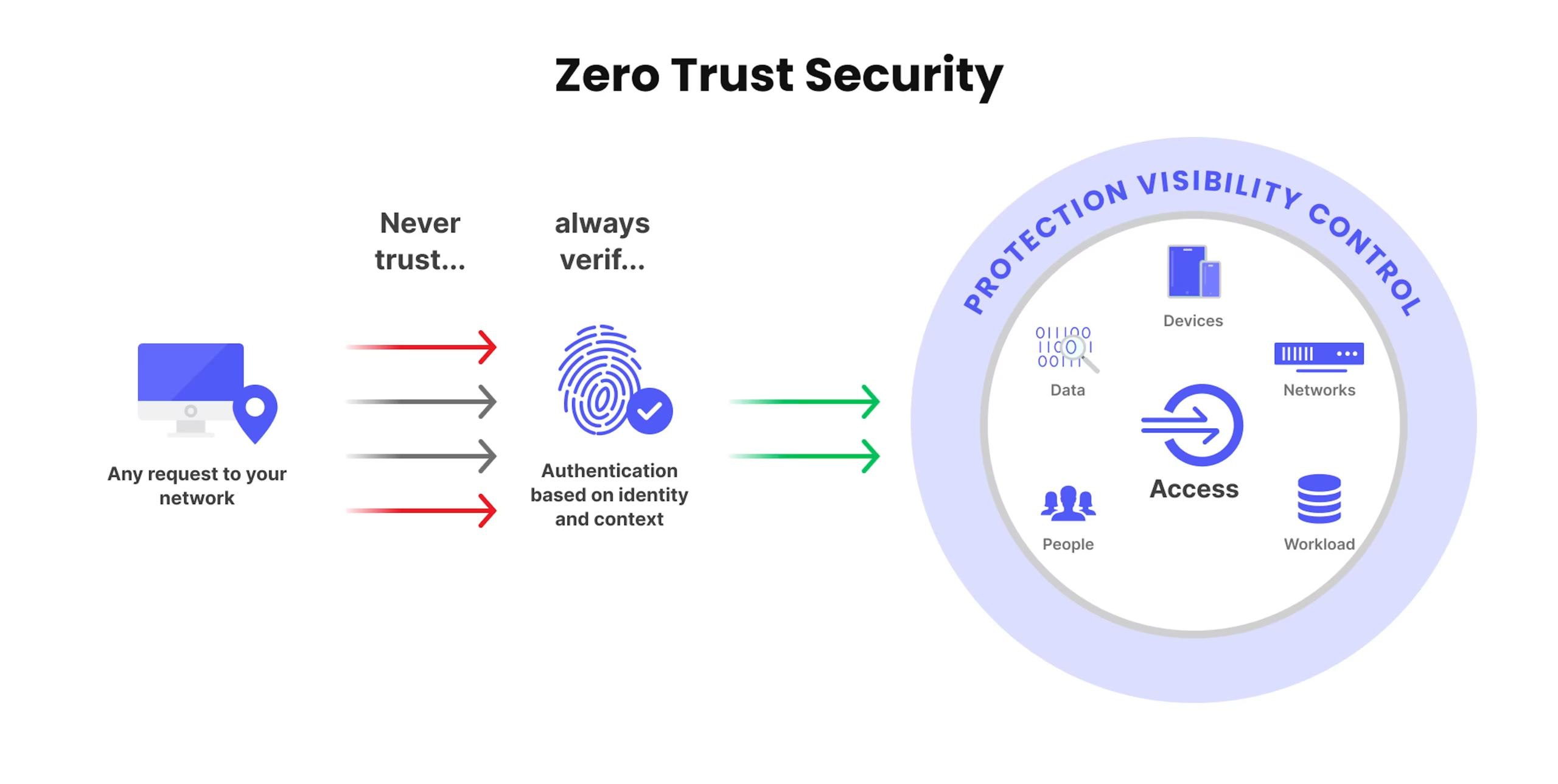

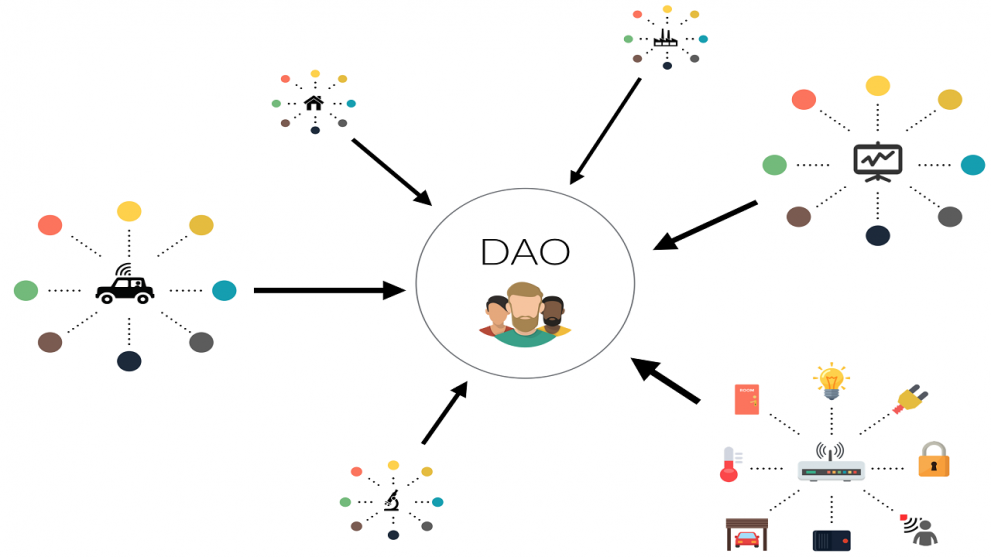
Leave a Reply